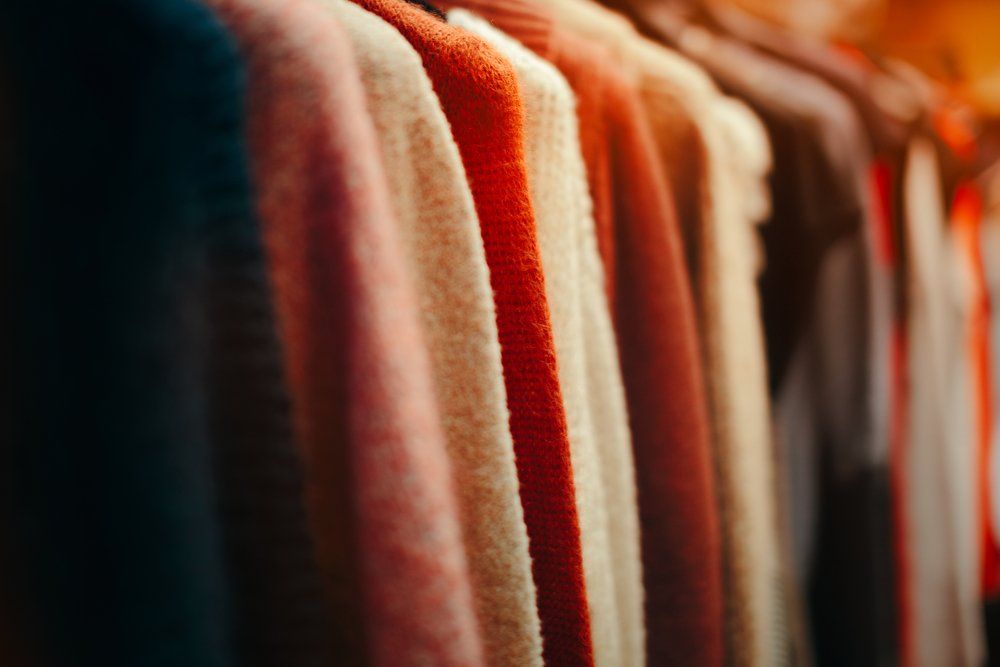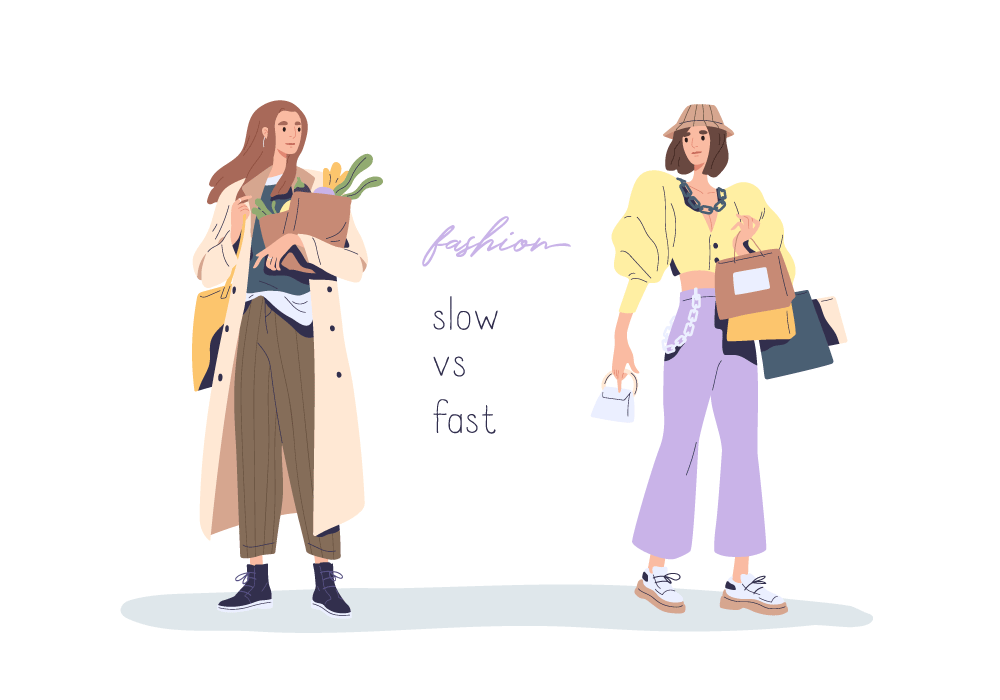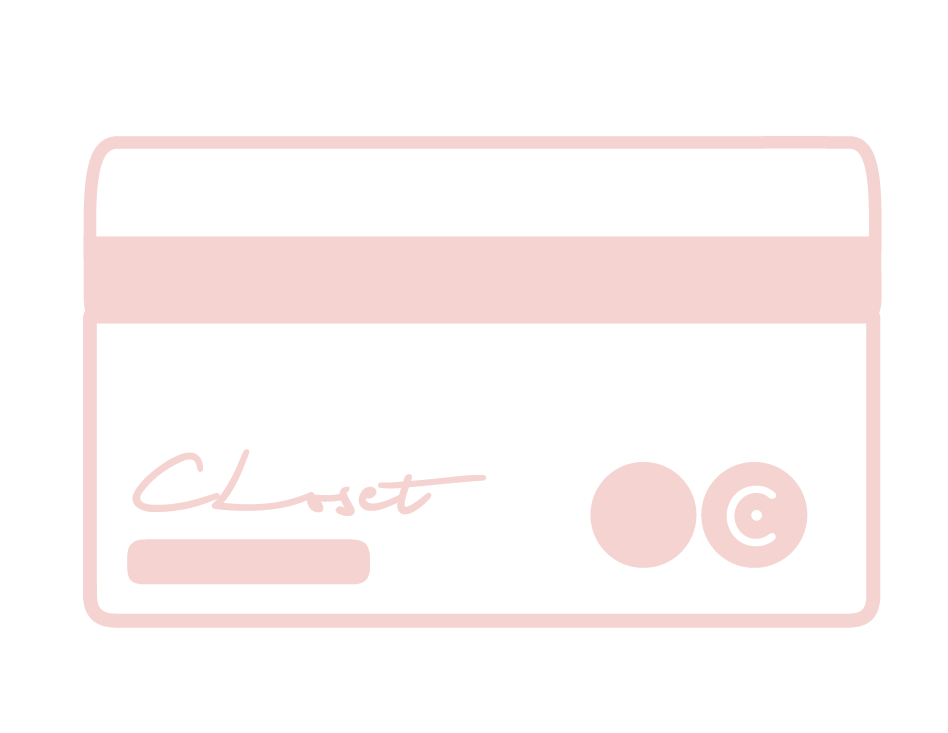What does the fast fashion market represent ?
Today, about
100 billion of clothes are sold each year worldwide. The textile sector is the second most polluting industry in the world (especially with fast fashion), it emits about 12% of the total CO2 emissions every year and 4% of the world's available drinking water is used to produce our clothes.

Textile production is locked into an old-fashioned production scheme with the famous "I consume, I produce, I throw away".
We are all familiar with the classic pattern of two major collections per year, the spring/summer and autumn/winter collections. Today, many fast fashion brands go so far as to produce 12 collections per year. The aim? To be accessible to small budgets while being fashionable, and to encourage the consumer to buy more and more.
More and more people are becoming "responsible consumers". It is important that before buying a garment, you check how it is made, where it comes from, and if you really need it.
Switching to second hand is cheaper and very often of better quality. Many online second hand platforms are emerging as an alternative to consume better and more responsibly.

Key figures:
Today, 50 million tonnes of polyester are produced compared to 10 million in the 1980s.
100 billion garments produced per year. Production doubled between 2000 and 2014, on average a person buys 60% more clothes but keeps them only half as long.
Worldwide, 1 in 10 children is forced to work: leather tanning, cotton production... The textile industry is the largest employer of children in the world.
In Bangladesh, textiles account for over 70% of all exports.
1.2 billion tonnes of greenhouse gases are emitted by the textile industry every year.
Despite all these figures, there is a shift in consumption. The second-hand clothing market was worth $24 billion in 2018 in the United States, compared to $11 billion in 2012. It is expected to reach $51 billion by 2023. Little by little, the second-hand market is expected to overtake the fast fashion market.
Some companies are starting to get more and more involved in eco-responsible fashion. The Uniqlo brand, for example, has committed to completely eliminating the release of hazardous chemicals throughout its supply chain. The group discloses a list of banned chemicals on its website. Laws are also in place to reduce waste and pollution. For example, solidarity economy laws to stop incinerating clothes and mandatory recycling for major brands.
Find all our second hand products :

















